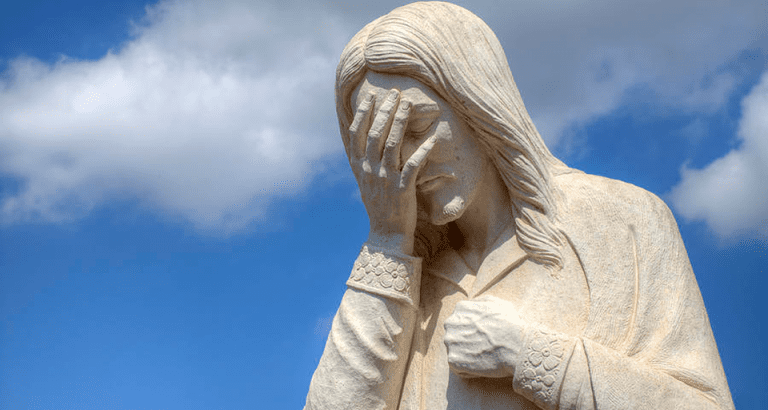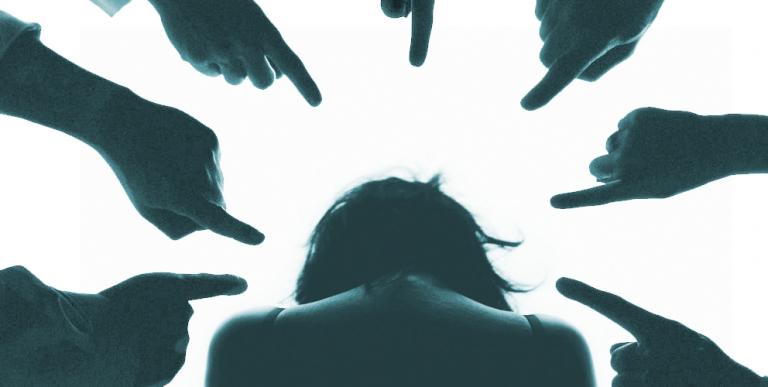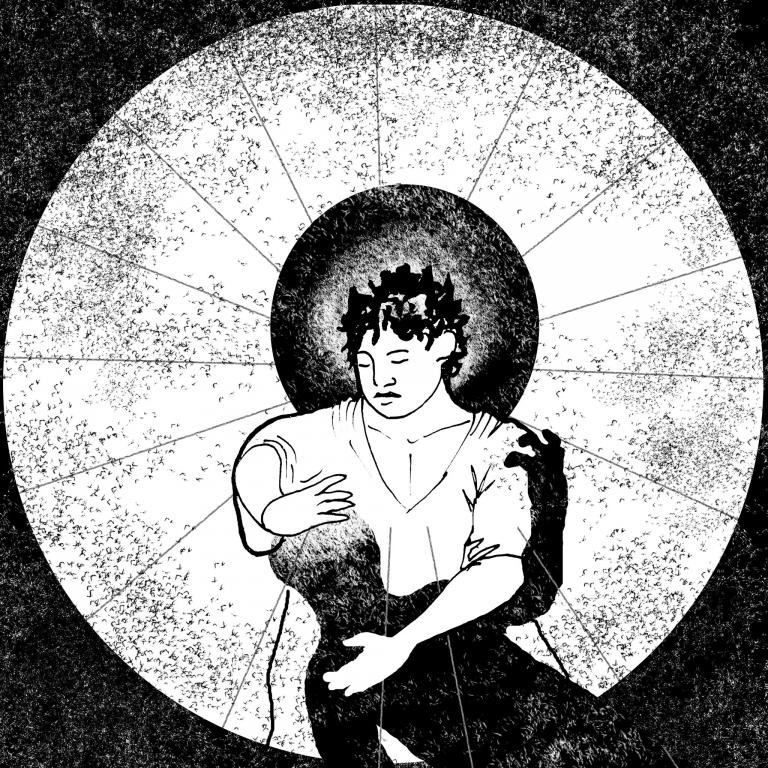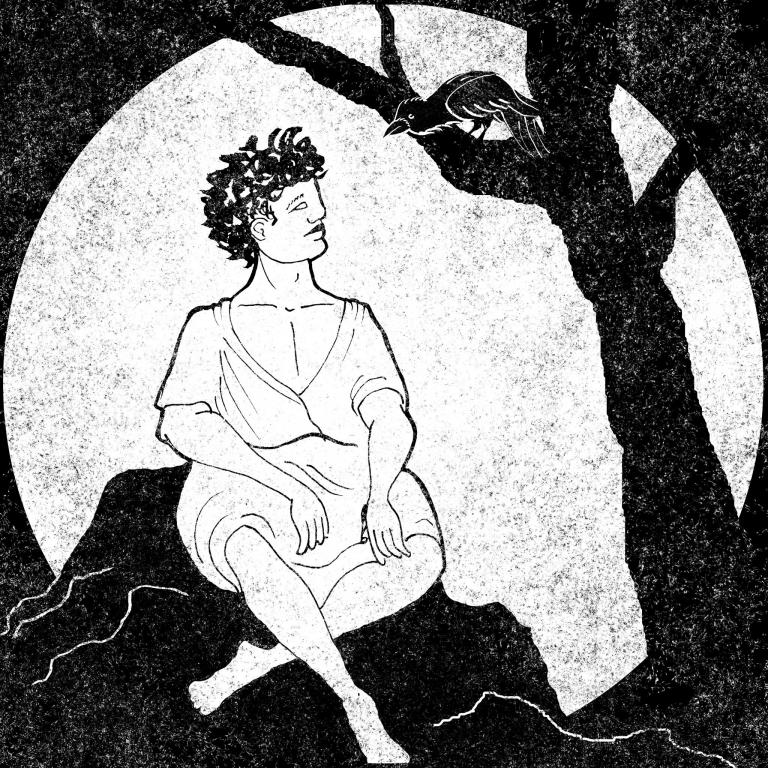 One pathology of political liberalism is to equate calmness with maturity and anger with immaturity. Many who have been enculturated as middle class liberals (particularly the white ones) may shed tears for injustice, but don’t get too riled up about injustice. And so, when they come into contact with an angry poor person, or angry person of color, it is easy for them to think: “Well, I certainly care about injustice, but I don’t get worked up about it…these folks are behaving like children!”
One pathology of political liberalism is to equate calmness with maturity and anger with immaturity. Many who have been enculturated as middle class liberals (particularly the white ones) may shed tears for injustice, but don’t get too riled up about injustice. And so, when they come into contact with an angry poor person, or angry person of color, it is easy for them to think: “Well, I certainly care about injustice, but I don’t get worked up about it…these folks are behaving like children!”
Context matters. Pacifism and nonviolence ONLY make sense when they are developed among folks who would otherwise see violence as the reasonable course of action. A prescriptive nonviolence that comes from comfortable oppressors is worse than worthless. It usually reinforces the status quo. A spirituality centered on silence and detachment can be powerful. But, again, these practices only really make sense within the context of solidarity. When we are pathologically disengaged or prone to political apathy, contemplative practice becomes problematic. If we habitually avoid the oppressed and become, therefore, inattentive to those who suffer, our practices will become a spritualized buffer. Please understand. I’m not rejecting nonviolence and contemplation. I am a mystic, a contemplative, and a pacifist. In my life and work, I advocate a contemplative posture in the quest for spiritual and political liberation. Nevertheless, many of us learn contemplation and nonviolence in a way that wittingly enshrines a sort of disengaged white middle class consciousness. Unfortunately, so many advocates of contemplation and nonviolence fail to recognize this problem. Instead, they seem to operate from the assumption that, merely by doing contemplation, people will simply wake from their slumber to the pulsating world of reality and become aware of the nature of oppression. But this is impossible without real compassionate solidarity with those who suffer. The key words here are “compassionate” which (at root) means to “suffer with” and “solidarity” which basically means “to be bound together.” Without suffering with the oppressed, and being bound together in the struggle for liberation, contemplative spirituality and nonviolent politics are dead.For the oppressor, “peace” isn’t the absence of violence. For the oppressor, “peace” is the absence of response to their violence.
— zellie (@zellieimani) September 4, 2016
*”Liberal” is a contested term. For more of what I have in mind, read my recent post Liberal/Leftist/Progressive/Radical: What do they mean?











